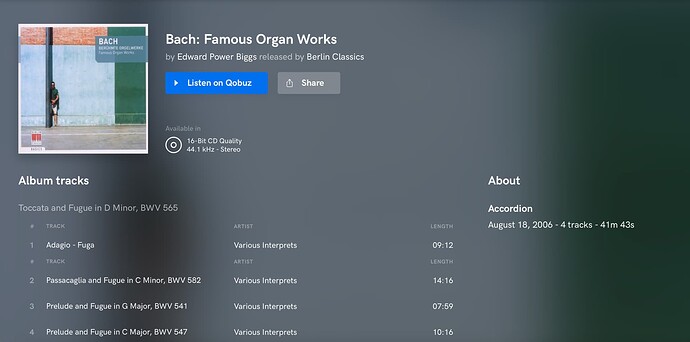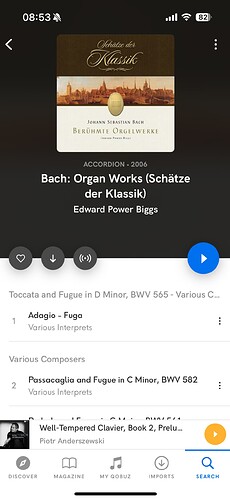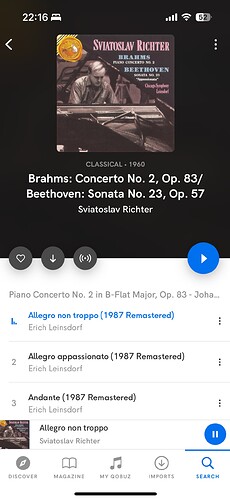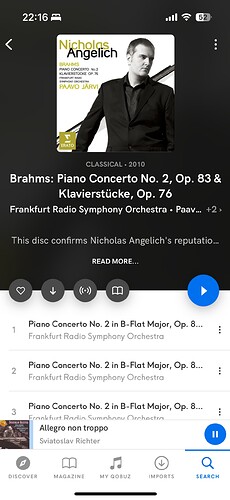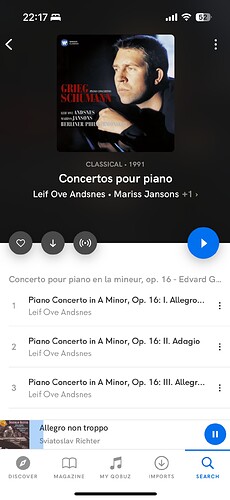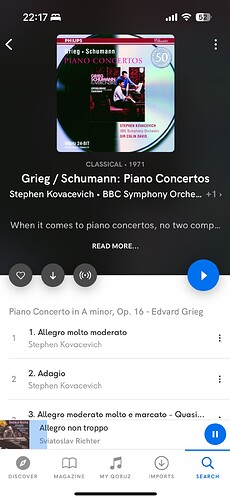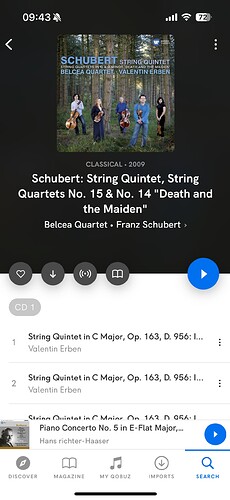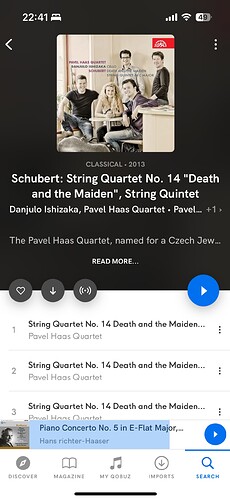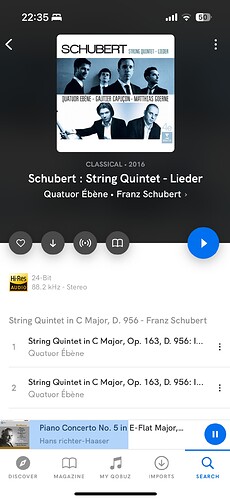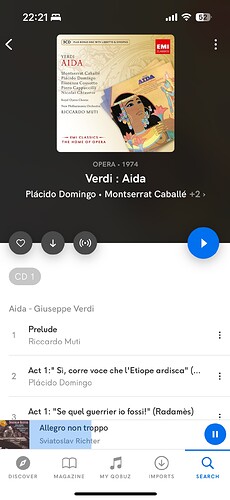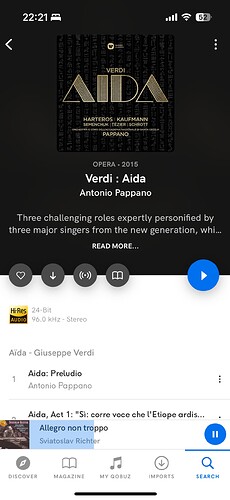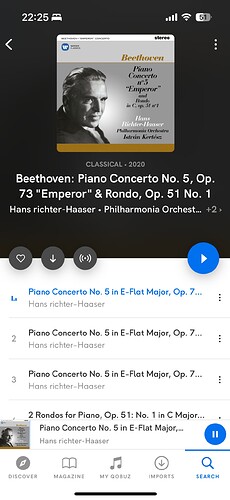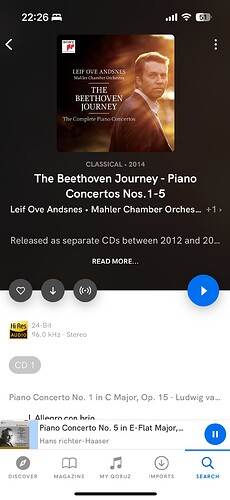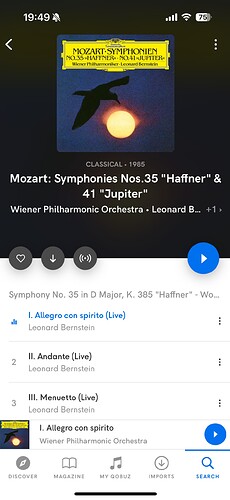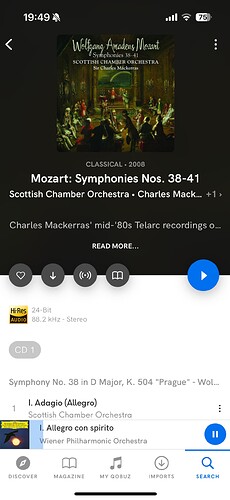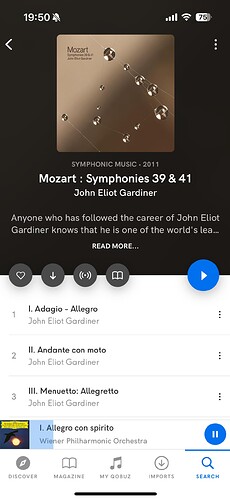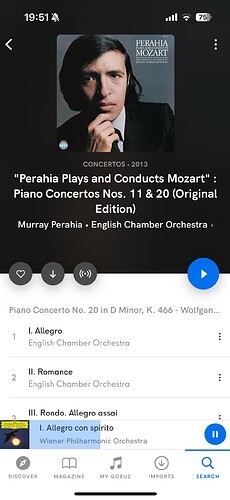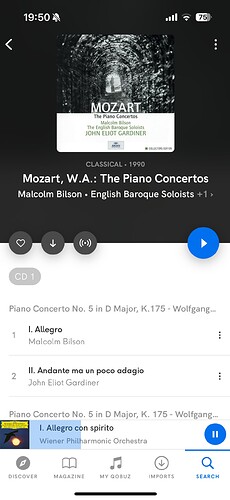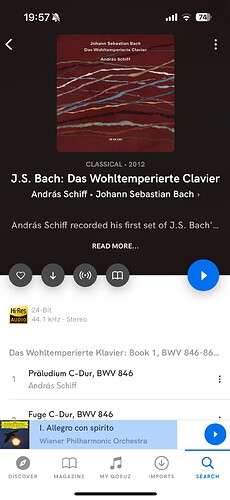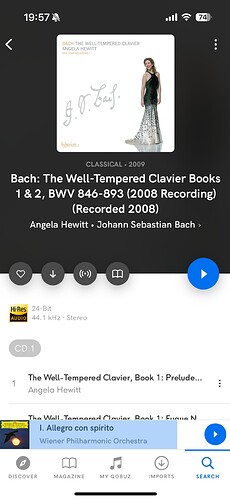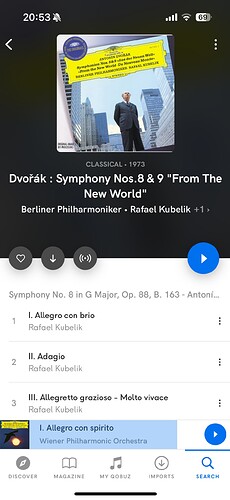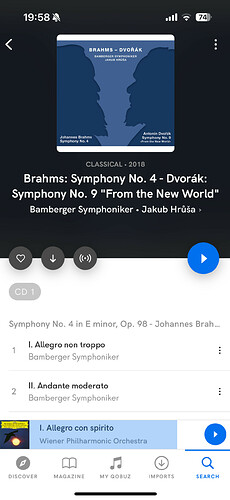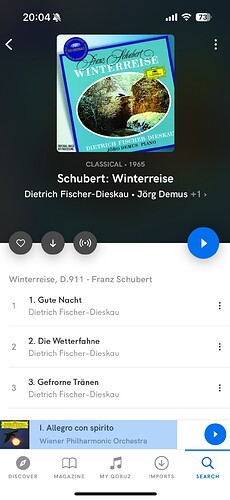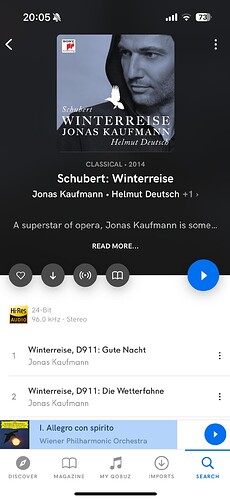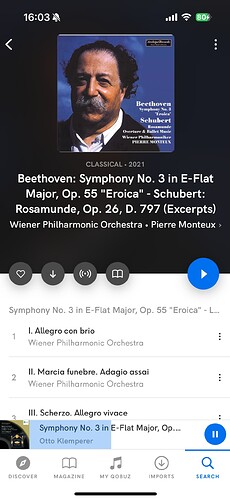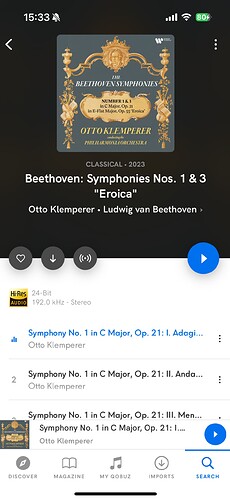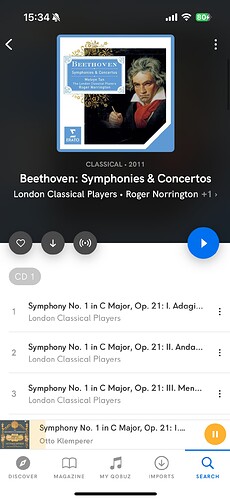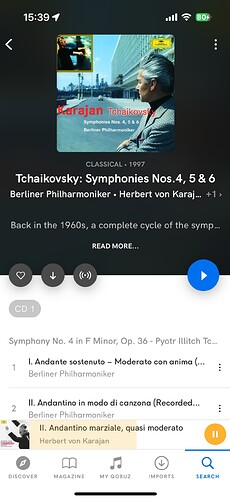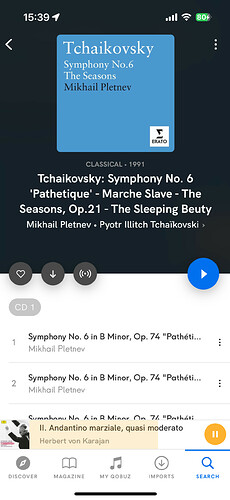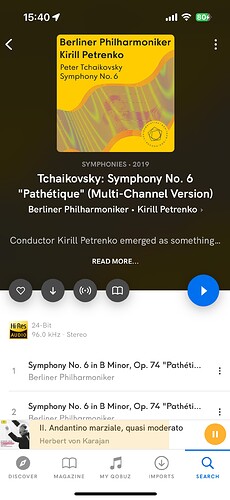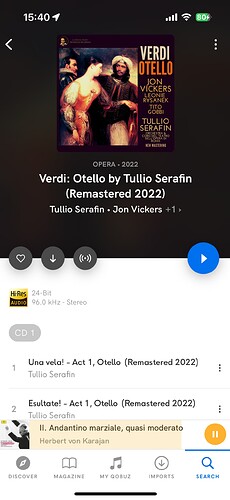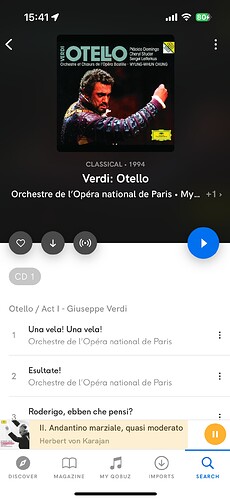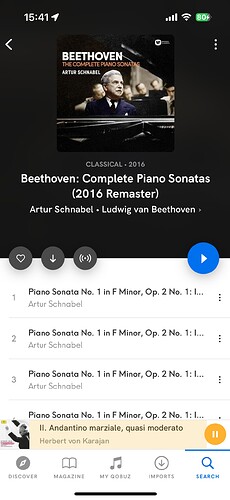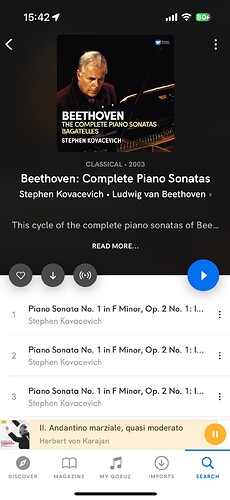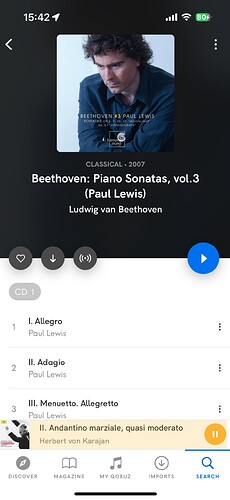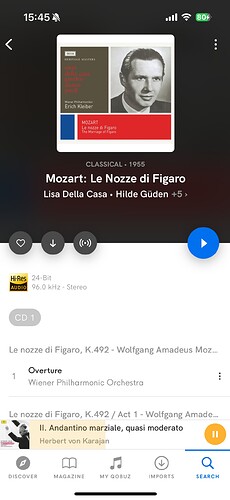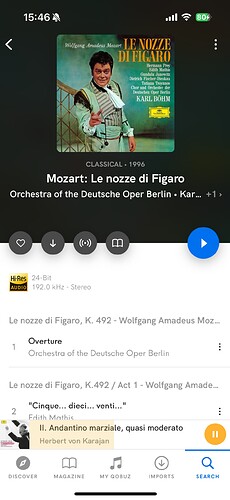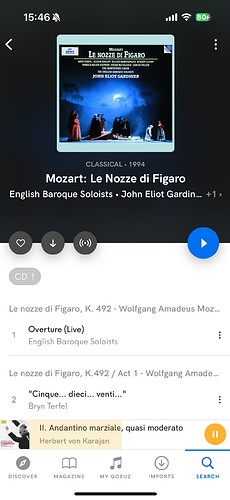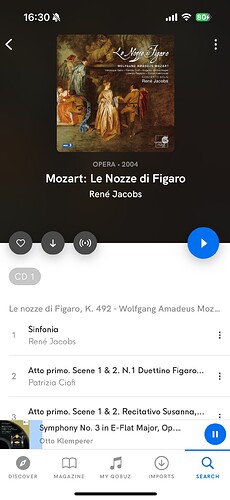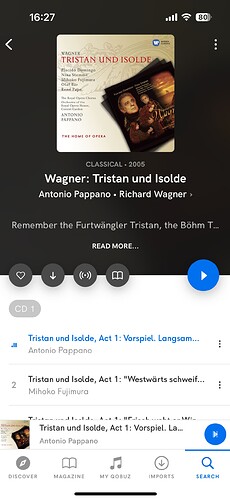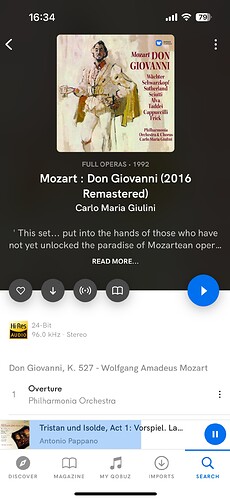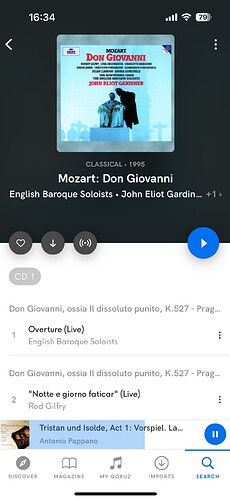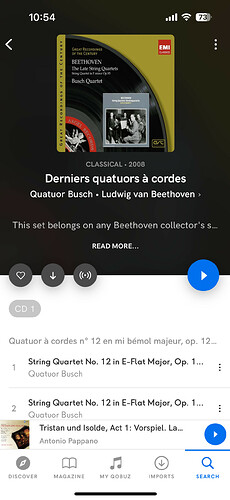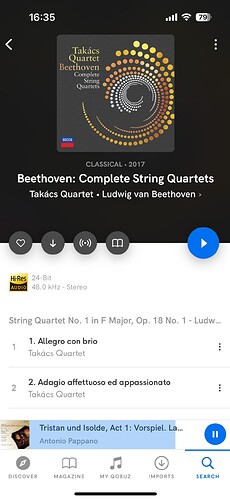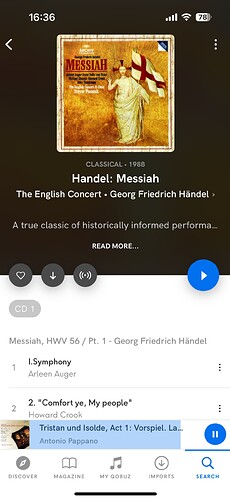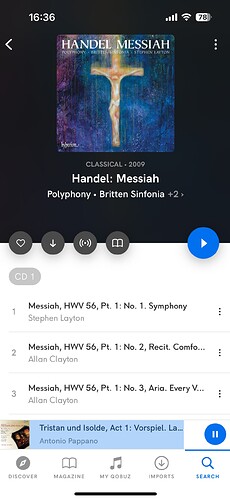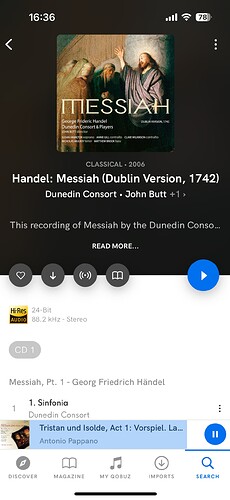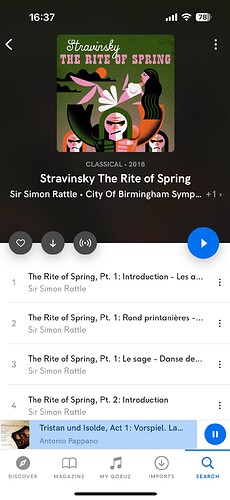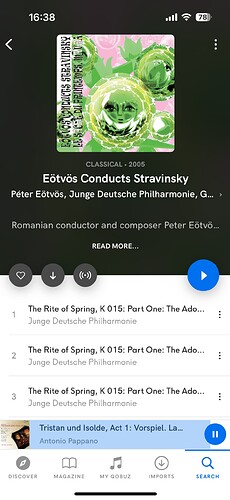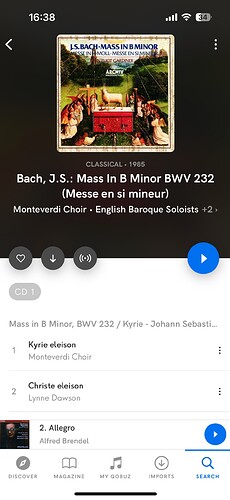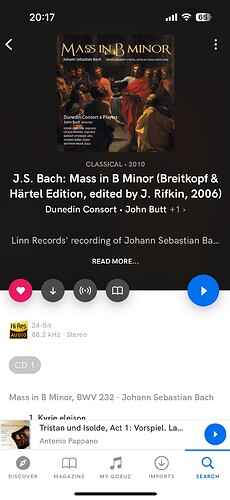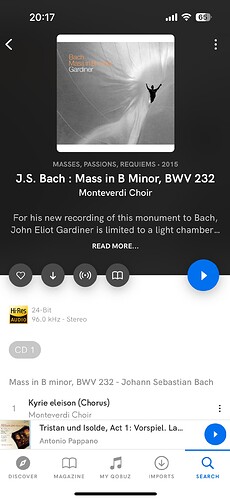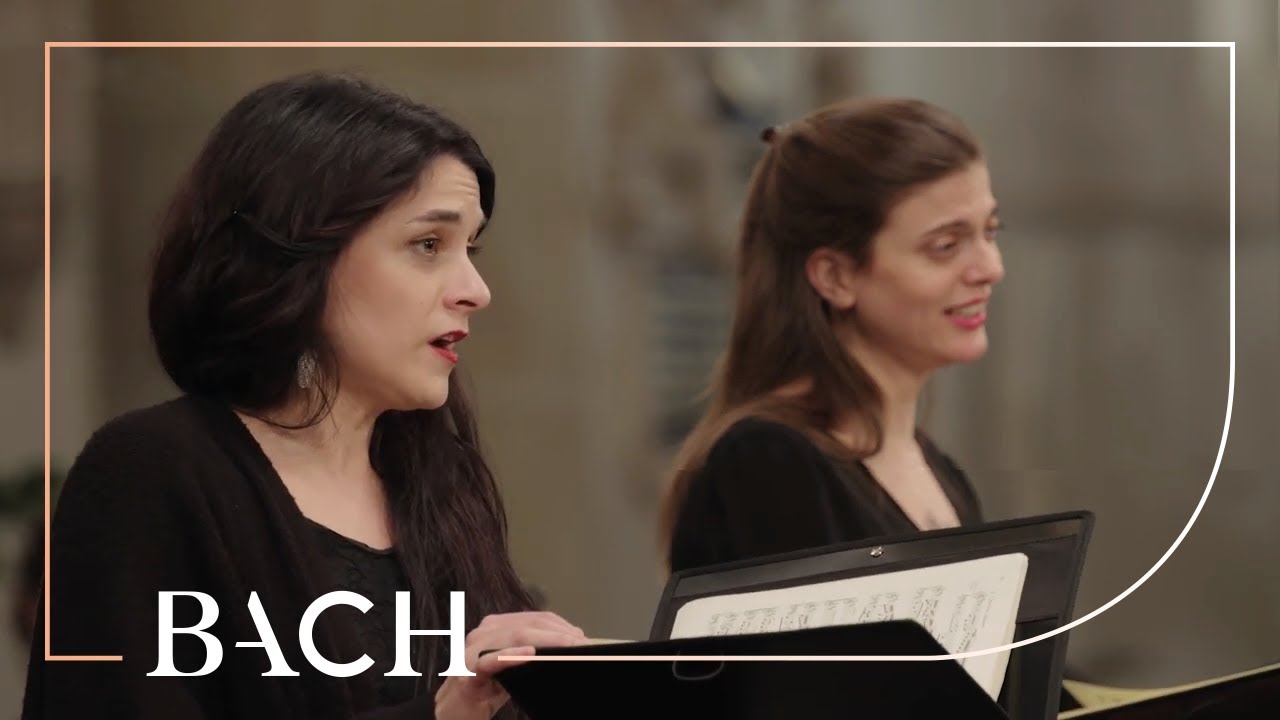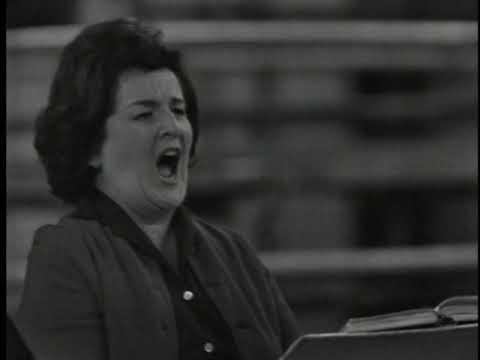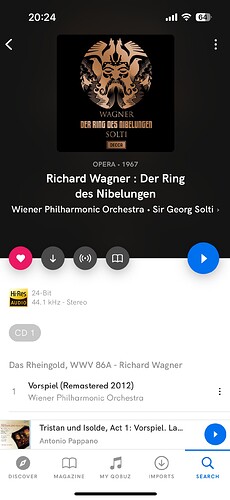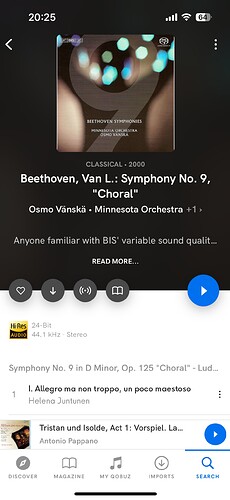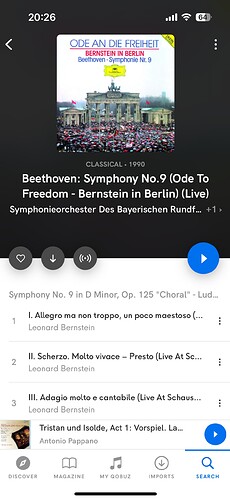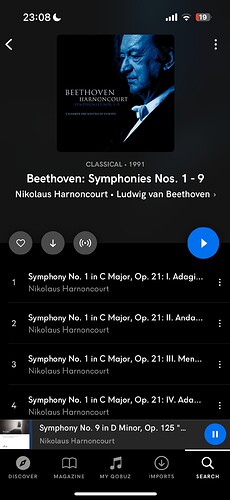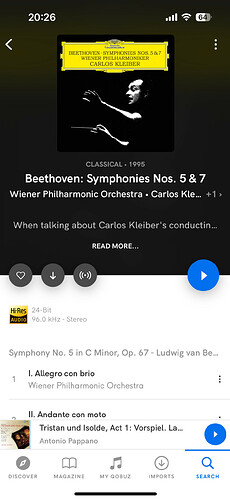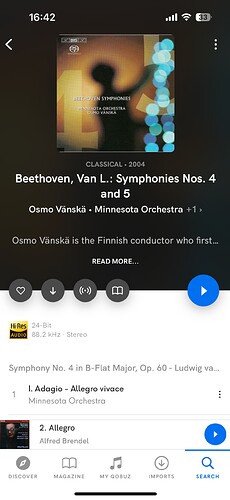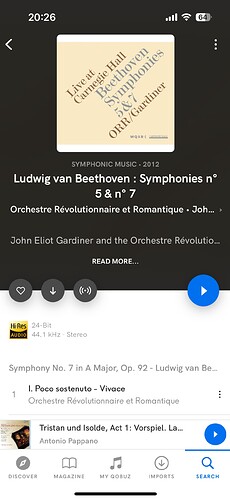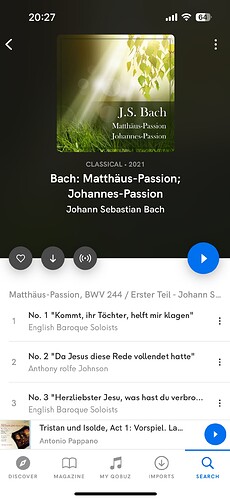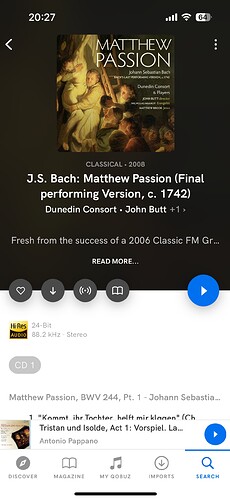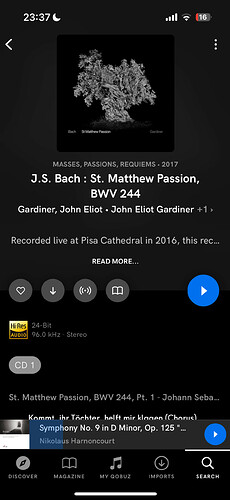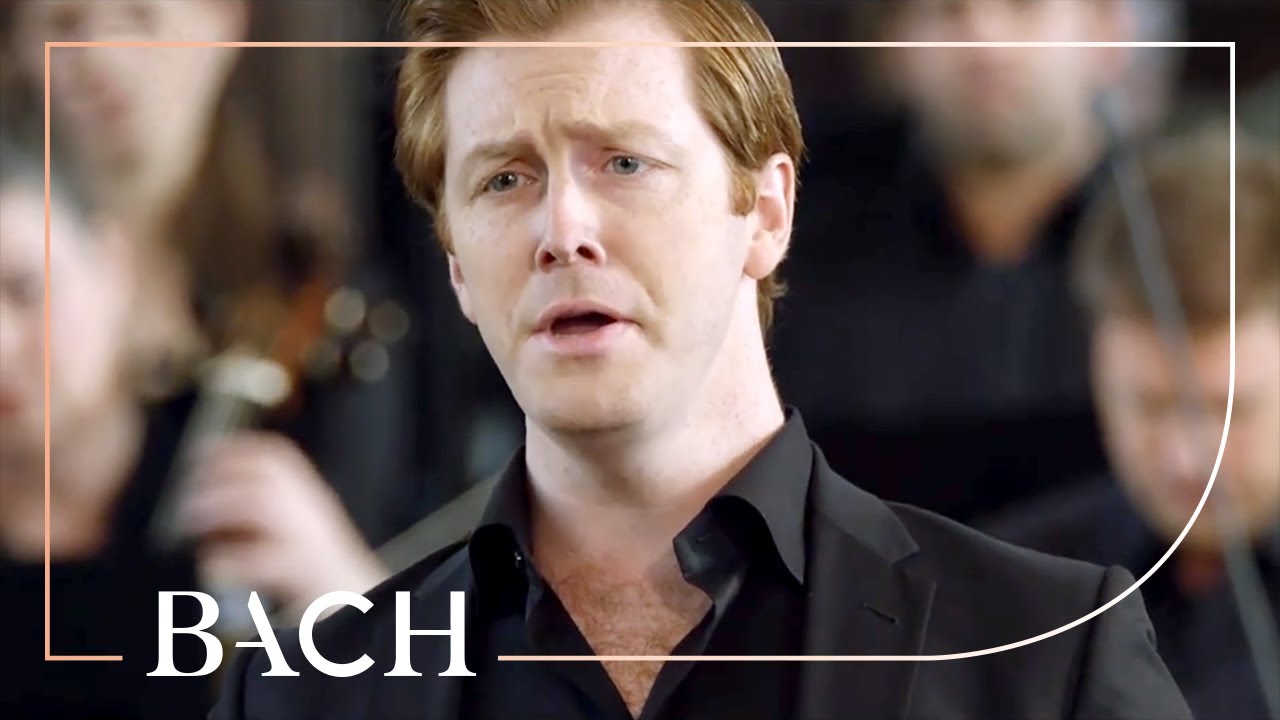Week 20 Nos. 1-5
We’ve arrived! We’ve reached the summit of Everest. Two Bach, two Beethoven and a Wagner. Perfect!
However at this altitude care is needed. 3.5/5 of these pieces (one mass, one opera cycle and a passion, plus one symphony with a choral movement) are vocal works Ben, and I know that’s not exactly your sweet spot. Also, there is a lot of music here, the Ring cycle alone is about 15 hours of music, take it easy!
Some recommendations:
- Do some background reading. As always, it helps to understand a little bit what you are listening to.
- Listen at your own pace. I would for instance listen to the four Ring operas one act at a time first time through to avoid overload. Try to follow the plot line, the ring is an epic drama: like the Hobbit!
- Mix it up a bit by all means (with non-classical and classical pieces from earlier on the list that you know you like)
- But please give it a chance. Even if individual tastes differ this is certainly representative of the finest classical music ever written, but as always you have to be prepared to invest to get maximum return. Hopefully the preceding weeks’ listening will have prepared you well!
1. Mass in B Minor
769 Johann Sebastian Bach Mass / Requiem 1749 Play
As with pretty much all of Bach’s vocal œvre my preference is very firmly in the HIP camp (although as before this is purely a subjective preference rather than any objective judgment on actual historical authenticity). My long term reference here has been Gardiner’s 1985 recording for DG Archiv. That was subsequently usurped by John Butt with the Dunedin Consort, as usual with reduced forces lending a fantastic clarity and vitality, and that in its turn by Gardiner’s second recording from 30 years later with similarly reduced forces on his own SDG label.
However, the crowning achievement for my money is this recording by Jos van Veldhoven and his Netherlands Bach Society. Note this is not the Chandos version available on Qobuz and Tidal, but a 2016 recording with younger forces as part of his series “All of Bach”, currently only available on Youtube. We can only hope the audio will be released in hi res one day soon!
Monteverdi Choir, English Baroque Soloists, Gardiner “Bach: Mass in B minor, BWV 232” 1985, 24/96
Dunedin Consort and Choir, Butt “Bach: Mass in B minor (Breitkopf & Härtel Edition, edited by J Rfikin, 2006)” 2010, 24/88.2
Monteverdi Choir, English Baroque Soloists, Gardiner “Bach: Mass in B minor, BWV 232” 2015, 24/96
Netherlands Bach Society, van Veldhoven “Bach: Mass in B minor” 2016, Youtube:
2. Der Ring des Nibelungen (The Ring of the Nibelung), WWV 86
582 Richard Wagner Opera 1874 Play
Well this is easy. Solti’s Ring cycle towers above all others as one of the crowning achievements of the gramophone. My father (and @PAR) have the “Deluxe Edition” 1970 22-LP boxed set. Hard to believe this will ever be surpassed. You might like to check out this documentary about the recording of this series on Youtube:
Nilsson, Windgassen, Flagstad, Fischer-Dieskau, Hotter, London, Ludwig, et al, VPO, Solti “Der Ring das Niebelungen” 1967, 24/44.1
3. Symphony No. 9 in D Minor, Op. 125
2409 Ludwig van Beethoven Symphony 1824 Play
I will start with a new favourite studio recording discovered while researching the latest Beethoven releases, Osmo Vänskä’s 2006 outing with the Minnesota Orchestra. Vänskä seems to be rapidly making a name for himself as a Beethoven interpreter of rank and the Minnesotans don’t put a foot wrong.
However a very special version for me will always be Bernstein’s live recording (https://leonardbernstein.com/about/conductor/historic-concerts/berlin-wall-concert-1989) from the Schauspielhaus on the morning of Christmas Day 1989, made to celebrate the fall of the Berlin Wall and the reunification of the city and of Europe. With an “all star” orchestra drawn from East and West Germany (plus the Kirov Theatre Orchestra, the Orchestre de paris, the NYPO and the LSO) and a choir drawn from East and West this was a truly historic performance that I had the great privilege to see live. Having relatives in East Berlin whom I had been unable to visit all my life made this trip an intensely personal experience for me. The substitution of ‘freiheit’ (freedom) för ‘freude’ (joy) in Schiller’s final Ode had most of the audience in euphoric tears.
For HIP this is one case where Gardiner doesn’t rule the roost. Here Harnoncourt and the COE get the nod.
Juntunen, Karnéus, Norman, Davies, Minnesota Chorale & Orchestra, Vänskä “Beethoven: Symphony No.9 ‘Choral’” 2000, 24/44.1
Anderson, Walker, König, Rootering, Bav RSO, Dresden State O etc., Bernstein “Beethoven: Symphony No.9 (Ode to Freedom)” 1990, 16/44.1
Chamber Orchestra of Europe, Harnoncourt “Beethoven: Symphony No.9 ’Choral’” 1992, 16/44.1
4. Symphony No. 5 in C Minor, Op. 67
1511 Ludwig van Beethoven Symphony 1808 Play
Kleiber’s 1974 recording of the 5th with the VPO, part of the soundtrack of my upbringing has now achieved legendary status (although his 7th still divides opinion). My father had both the ’56 Klemperer and the ’63 Karajan accounts (as well as many others) but these took a back seat once the Kleiber was released. Now remastered in full hi res glory.
For a more recent recording on modern instruments I would recommend you check out my new favourite Osmo Vänskä (see above)
For a HIP, as usual you’ll be hard pressed to better Sir John Eliot Gardinder’s superb 2012 coupling with the ORR.
Vienna Philharmonic Orchestra, Kleiber “Beethoven: Symphonies Nos.5 & 7” 1995, 24/96
Minnesota Orchestra, Vänskä “Beethoven: Symphony Nos.4 & 5” 2004, 24/44.1
Orchestre Révolutionnaire et Romantique, Gardiner “Beethoven: Symphonies Nos.5 & 7” 2012, 24/44.1
5. St Matthew Passion (Matthäus-Passion), BWV 244
671 Johann Sebastian Bach Choral orchestral 1727 Play
See above. Gardiner (first) , Butt, Gardiner (second, live) and van Veldhoven. Exactly the same order and similar reasoning.
Along with his Johannes-Passion (Bach - St John Passion BWV 245 - Van Veldhoven | Netherlands Bach Society) van Veldhoven’s Matthäus-Passion is among the most beautiful, moving music I’ve ever heard. Truly sublime.
Monteverdi Choir, English Baroque Soloists, Gardiner “Bach: Matthäus-Passion” 1989, 16/44.1
Dunedin Consort and Choir, Butt “Bach: St. Matthew Passion (Final performing version, c. 1742)” 2008, 24/88.2
Monteverdi Choir, Trinity Boys Choir, English Baroque Soloists, Gardiner “Bach: Matthäus-Passion” 2016, 24/96
Netherlands Bach Society, van Veldhoven, 2014 Youtube:
